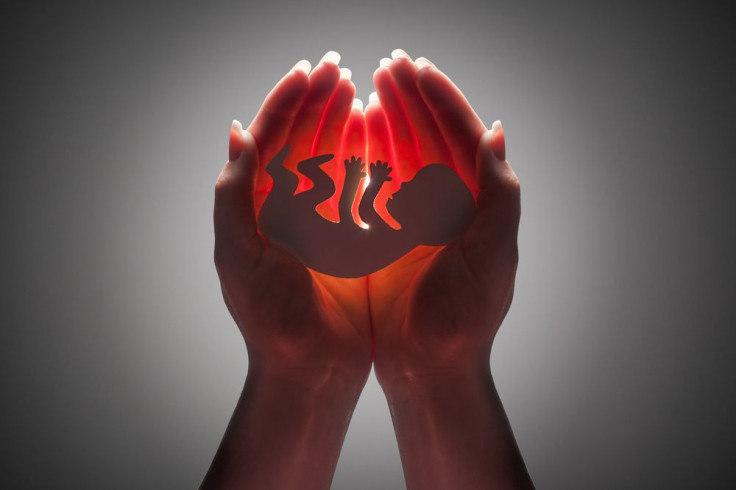Mississippi's Access To Abortions Hangs On A Single Clinic: How Does This Burden Expecting Mothers?

Conservative efforts to shut down abortion clinics across the nation have been close to reaching a milestone in Mississippi, where only one abortion clinic remains. On Monday, arguments were presented to a 5th Circuit Court of Appeals over whether the clinic, Jackson Women’s Health Organization, would remain open despite its doctors being unable to obtain admitting privileges.
Like many other conservative states, lawmakers have tried to limit women’s access to abortions by requiring clinics to beef up services and meet certain standards, including turning their clinics into ambulatory surgical centers (essentially mini hospitals), mandating women seeking abortions to see their ultrasounds, and requiring doctors to have admitting privileges in nearby hospitals — the topic discussed on Monday. In March, a three-judge panel from the same appeals court upheld a similar Texas law mandating that doctors have admitting privileges to nearby hospitals (in the case that there’s an emergency during a procedure).
Mississippi’s case is special, however, as there’s only one abortion clinic left standing throughout the state. Even though its doctors haven’t been able to get these privileges, and should be shut down by law, doing so may place an “undue burden” on women seeking abortions, the panel said, according to The Associated Press. “Under the Supreme Court’s rulings, this law would definitely constitute what’s called an ‘undue burden’ because it would really block women’s access to safe, legal abortion throughout the state of Mississippi, therefore it’s unconstitutional,” Bebe Anderson, of the Center for Reproductive Rights, told NPR.
While it’s arguable whether having only one clinic in the state is already placing an undue burden on the state’s women, closing the clinic would force women to seek abortions out of state. “It seems to me you’ve got a steep hill to climb when you say the only clinic in the state is closing,” Judge E. Grady Jolly, told Paul Barnes, an attorney at the Mississippi Attorney General’s Office. The law took effect in July 2012, though the judge presiding over that decision let the clinic stay open as its doctors tried to get admitting privileges. Three years later, they still hadn’t been able to — they’re hard to get due to business or religious beliefs held by hospitals or the people financing them.
Barnes argued that the law was constitutional exercise of state power and that the constitution doesn’t guarantee the right to an unsafe abortion — enforcing the law would make abortions safer, he said. But opponents of the law say that they are only a way for Republican state governments to get rid of abortion while abortion remains legal under the Roe v. Wade Supreme Court case.
Meanwhile, Julie Rikelman, who argued on behalf of the Jackson Women’s Health, said that the clinic’s doctors were competent enough to transfer patients in need of emergency care to the right facilities. But even then, the chances of an abortion going horribly wrong are 10 times lower than childbirth, according to the Guttmacher Institute, a non-profit research firm specializing in reproductive health. However, Barnes rebutted, saying that many women go out of state to obtain abortions anyway.
With Louisiana considering a law requiring admitting privileges, and a law already requiring them in Alabama recently being blocked by a federal judge, women’s access to these services may soon dwindle even more. In Mississippi, it’s likely that the issue will make it to the Supreme Court.
Published by Medicaldaily.com



























